Oils and fats are one of the important components of our diet. They provide the most concentrated source of energy and also help absorb certain vitamins viz. A.D. E and K. After groundnut, Mustard oil is the second most important oilseed accounting for 30% of the oilseeds produced in India. India itself is one of the largest producers of oilseed in the world. Mustard oil is consumed mostly in northern to eastern India, Pakistan and Bangladesh and its users claim that they don’t have any toxic effect on the use of mustard oil due to its adequate PUFA content. But those who are not taking mustard oil as edible oil have claimed its toxicity saying it has high amounts of erucic acid and glucosinolates, which are considered toxic for health. Western countries including USA have discouraged the use of mustard oil. Consequently, efforts were made to develop low erucic acid and glucosinolates varieties, referred to as canola oil and is said to be safe for human consumption. Efforts are also being made in India to introduce and domesticate the Canadian rapeseed and develop low erucic acid rapeseed-mustard verities to produce oil equivalent to canola oil. This would affect the large number of very small growers, millers and pickle making people in our country for whom mustard oil is the source of livelihood. Several studies conducted in recent past are not very conclusive especially in the case of Indian mustard oil. Studies suggest that eruric acid is not associated directly with the cardiomyolipidosis and fibrosis in experimental animal and human beings. High erucic acid mustard has been an indispensable item of dietary fat consumed in the North and North-Eastern states of India for centuries and if the misconception regarding the pathological effects of high erucic acid would have been true, an impact on Indian society manifested in terms of high incidences of cardiomyopathy would have occurred. This aspect had to be investingated. The presumed harmful effects of erucic acid and glucosinolates have yet to be scientifically proved with respect to Indsian mustard oil. This book helps to solve this controversy by evaluating the beneficial as well as toxic aspects of high dose mustard oil (unboiled and boiled) with other commonly used edible oils (corn oil and sunflower oil) for short and long periods.
Nutrition and Mustard Oil: For Healthy Living
In stock
Free & Quick Delivery Worldwide
reviews
Bibliographic information
Title
Nutrition and Mustard Oil: For Healthy Living
Author
Edition
1st ed.
Publisher
ISBN
8189652109
Length
xiv+165p., Tables; Figures; Bibliography; 23cm.
Subjects

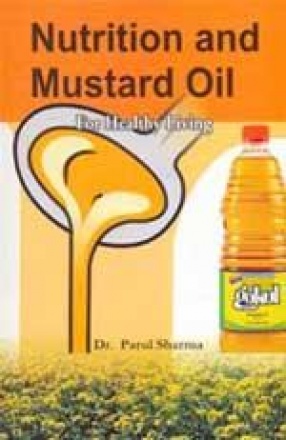
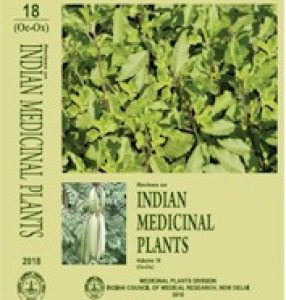
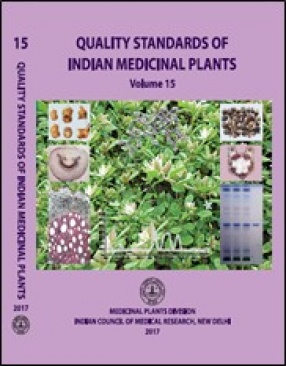
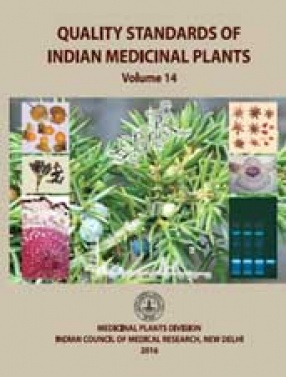

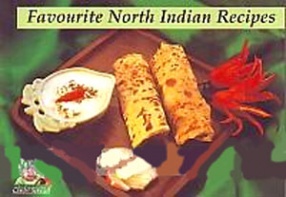
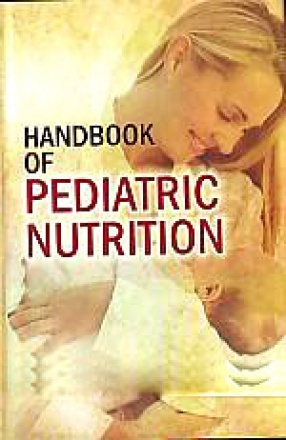
There are no reviews yet.